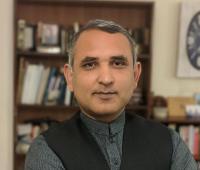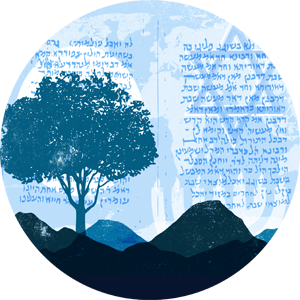 |
|
|

|
PhD Student
Identity Politics, Black Women's Political Engagement, Elite Political Behavior |
srpi232@uky.edu
Patterson Office Tower 1602
|
 |
|
|

|
Chemical Biology
Medicinal Inorganic Chemistry |
jma345@g.uky.edu
CP 20
8598038758 |

|
MFA Candidate
Graduate Instructor
Fiction |
chiomaezeano@gmail.com
|

|
Teaching Assistant
|
abeer.khlaifat@uky.edu
1006 Patterson Office Tower
|
 |
|
emmy.lange@uky.edu
6307319592 |

|
Assistant Director for Programs and Engagement, Commonwealth Institute for Black Studies
|
bpye@uky.edu
101 Breckinridge Hall
859-218-2269 |
 |
|
gya232@uky.edu
Y19-199-756 |

|
MFA candidate: Graduate Instructor
Creative Writing, Fiction |
kasimma@uky.edu
|
 |
Professor of Statistics
|
daaron@uky.edu
|

|
Research Scientist Senior
Graduate Student
Analytical Chemistry, Environmental Chemistry |
keemia.abad@uky.edu
CAER Lab 1
8592570231 |

|
PhD student
evidence/forensics, critical migration studies, Critical cartography & GIS, Visual Culture |
bea.abbott@uky.edu
|

|
Associate Professor
Director of Bachelor of Liberal Studies
Director of Composition
New and Emerging Media, Visual Rhetorics, Image Theory, Ethics, Analog and Digital Technologies, Digital Technologies, Composition and communication pedagogy, Video Games |
j.abboud@uky.edu
1307 Patterson Office Tower
(859) 257-8337 |

|
Amyloid Beta dissociation, Biochemistry |
|
 |
|
byab222@g.uky.edu
|

|
PhD Candidate
Graduate Instructor
Religious Geographies, Mosques, Places of Worship, Hospitality Theory and Practice, Concepts of Home |
oabdlhaleem@uky.edu
1422 Patterson Office Tower
|

|
Visiting Assistant Professor
Water Resources, Political Ecology, environmental and sustainability studies, Environmental Humanities, Spatial representations in literary texts, South Asian studies |
abdul.aijaz@uky.edu
861 Patterson Office Tower
|

|
|
aab290@uky.edu
|
 |
|
|

|
|
abeydeera.pramudi@gmail.com
|

|
|
thilini.abeywansha@gmail.com
|
 |
Graduate Student
|
j.b.abney@uky.edu
CP359
859-257-1397 |
 |
Graduate Student
|
jillabney@uky.edu
1722 Patterson Office Tower
|
 |
Senior Lecturer and Director of the Center for English as a Second Language
|
liga.abolins2@uky.edu
1665 Patterson Office Tower
(859) 257-6998 |

|
Graduate Student
|
a.abtahi@uky.edu
CP25
|
 |
Postdoctoral Scholar
|
hacharya@uky.edu
CP036
|

|
Biology, Pre-med
nutrition, metabolism, exercise |
stella.achenjang@uky.edu
|

|
Graduate Student
Analytical Chemistry, Biochemistry, Medicinal Chemistry, Pharmaceutical development |
alyson.ackerman@gmail.com
|

|
Psychology and Sociology
|
tdac222@g.uky.edu
Hopkinsville, KY
|

|
|
arre233@uky.edu
|

|
Assistant Professor
Causes of and treatments for anxiety, OCD, PTSD, Cognitive Neuroscience, CBT, Noninvasive Brain Stimulation, Neuroimaging, fMRI, Transcranial Direct Current Stimulation (tDCS), Exposure Therapy, Fear Extinction |
tom.adams@uky.edu
105 Kastle Hall
8592576841 |

|
MALTT, 2017
Applied Linguistics, Language Acquisition, Language Pedagogy, Sociolinguistics |
aurora.adams@uky.edu
|

|
Clinical Psychology Graduate Student
Clinical
|
aad257@uky.edu
111B Kastle Hall
(919) 696-0255 |

|
Director of the School of Art and Visual Studies
Professor of Photography
|
ruth.adams@uky.edu
102a School of Art and Visual Studies Building
859-257-4013, 859-257-8151 |

|
Professor Emeritus
In Memory of David Adams
analysis and partial differential equations |
|

|
Space and Facilities Coordinator, Safety Officer
College of Arts and Sciences
|
mdadam0@uky.edu
106 Thomas Hunt Morgan
(859) 257-8898 |
 |
|
Maggie.Adams@uky.edu
8065708909 |
 |
|
|
 |
|
rebecca.addington@uky.edu
|



































